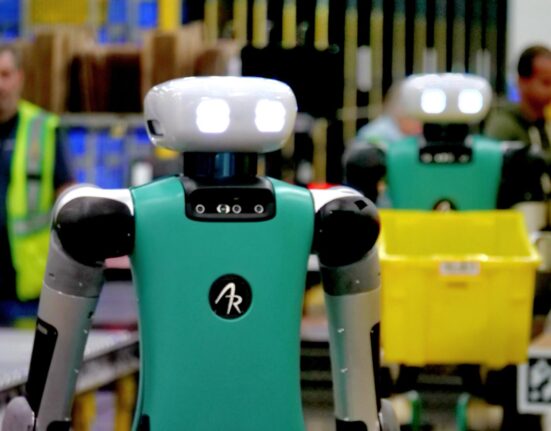In the world of Temporary Employment Services (TES), technology is not just a buzzword; it’s a game-changer. Gone are the days when recruitment was solely reliant on manual processes and human judgment. Today, TES providers are leveraging cutting-edge technologies like Artificial Intelligence (AI) and automation to streamline their operations and deliver exceptional results for both employers and job seekers.
Pierre Bekker, Director at Quyn International Outsourcing, emphasizes this shift, stating,
“Technology is reshaping how we approach recruitment in TES. It’s not about replacing humans; it’s about enhancing their capabilities.”
Imagine a scenario where recruiters no longer need to sift through mountains of resumes manually. With AI tools analyzing job descriptions and candidate profiles swiftly, the process of matching the right talent to the right role has become more efficient than ever before. Bekker notes,
“AI makes smarter, faster matches by considering factors like experience and performance history.”
Automation plays a pivotal role in freeing up recruiters from mundane tasks. From scheduling interviews to managing documentation, these repetitive activities are now handled seamlessly by automated systems. This allows recruiters to focus on building strategic relationships with clients and candidates alike.
Bekker further explains,
“Automation doesn’t replace human interaction; it enhances it. Recruiters can now spend more time understanding client needs and offering personalized solutions.”
Moreover, digital platforms have revolutionized the end-to-end hiring process. By centralizing job postings, candidate databases, and communication channels, these platforms ensure transparency and efficiency throughout the recruitment journey. Real-time dashboards provide clients with valuable insights into hiring progress while offering candidates a smoother application experience.
Bekker underscores the importance of quality over speed in recruitment outcomes:
“While speed is crucial, finding the right fit is paramount. TES providers prioritize quality placements to foster long-term success for both employers and employees.”
The value of TES providers has been greatly enhanced by technology adoption. With real-time labor market analytics and predictive forecasting tools at their disposal, TES teams can proactively address skills shortages and support clients in workforce planning.
“Technology empowers us to be proactive rather than reactive,”
Bekker states. “By leveraging data-driven insights, TES providers can offer agile staffing solutions that align with ever-evolving business needs.”
In conclusion, technology is not erasing human touch from recruitment but rather elevating its impact. By embracing digital transformation, TES providers in South Africa are better equipped to navigate dynamic labor markets, nurture client relationships effectively, and provide candidates with an engaging hiring experience.
The future of recruitment in Temporary Employment Services is undeniably intertwined with technological innovation—a fusion that promises greater efficiency, improved outcomes, and enriched stakeholder experiences across the board.









Leave feedback about this